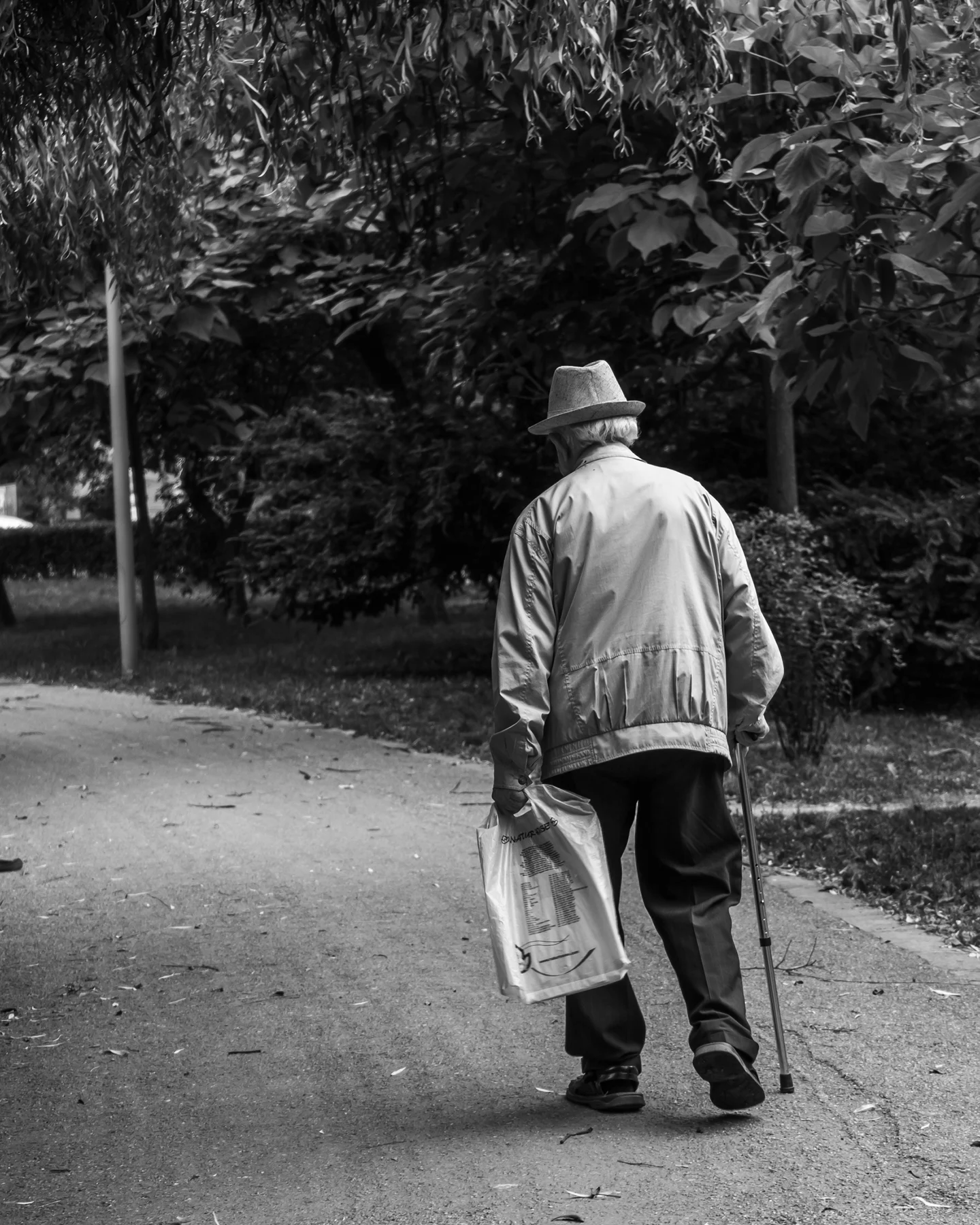Why are falls more deadly as you age?
As we age, nearly every facet of our health begins to decline. Muscles deteriorate, bones grow more brittle, and our center of gravity becomes more difficult to locate.
Osteoporosis is prevalent in older adults, particularly postmenopausal women, smokers, and individuals with a history of alcoholism. This illness weakens and brittles your bones, which might result in catastrophic injuries if you stumble or fall.
Additionally, many seniors have eye difficulties and poor balance, which increase their risk of falling. Dizziness can be caused by a variety of conditions, including low blood pressure, dementia, and vertigo, putting you in even greater danger.
Each fall increases your risk of falling again by a factor of two, so it's critical to keep alert of your surroundings and eliminate risk factors in your house.
Fall hazards that are frequently encountered
While we perceive our houses to be safe havens, they can sometimes be highly dangerous. While rugs and high cupboards may appear harmless, they might pose a threat to seniors living in their homes. If you or a loved one has previously fallen, be aware of the following frequent fall risks:
Cabinets that are difficult to reach can throw you off balance when you reach up to grab items.
Rugs, particularly those on hardwood or tile floors, have a tendency to slide beneath your feet.
Stairs, particularly those that are steep, poorly lit, or uncarpeted, pose a fall hazard.
It's challenging to navigate in low lighting, especially if you have impaired vision.
Clutter, such as laundry baskets and cords, can clog walkways and make movement around the house difficult.
Slips and falls can occur on wet or glossy floors in persons of all ages, not just seniors.
In the middle of the night, a long walk to the restroom can be deadly.
Entering and exiting the tub or shower can be challenging and dangerous.
You can make your home as fall-proof as possible by moving furniture or installing grab bars in the shower and tub.
The critical role of a geriatric specialist
While fall prevention can help keep you safe at home, it's critical to have assistance available. Maintain constant access to a phone or a medic alert bracelet, and consider moving to a geriatric specialist for tailored health care and counseling later in life. You may remain healthy and active far into your golden years with good nutrition, medical care, exercise, and safety precautions.

